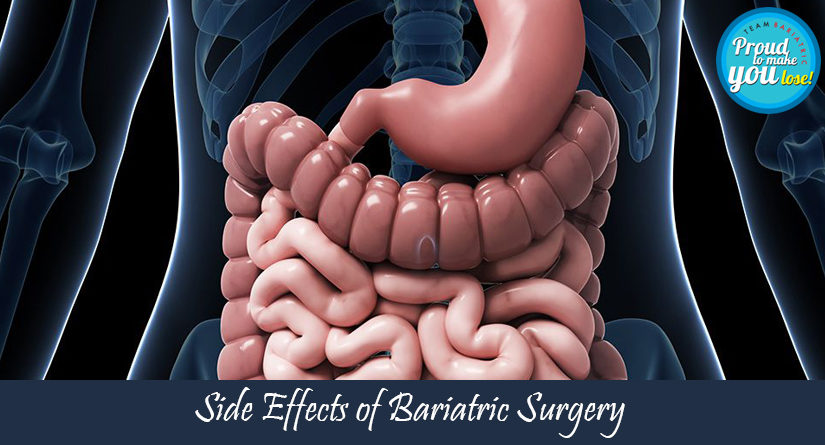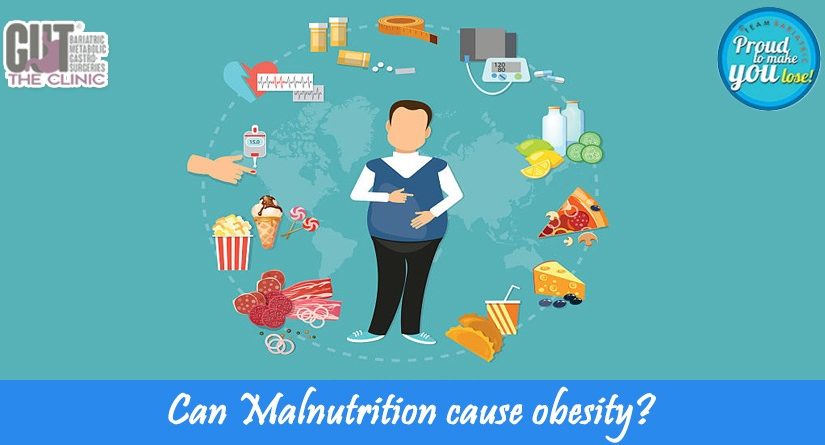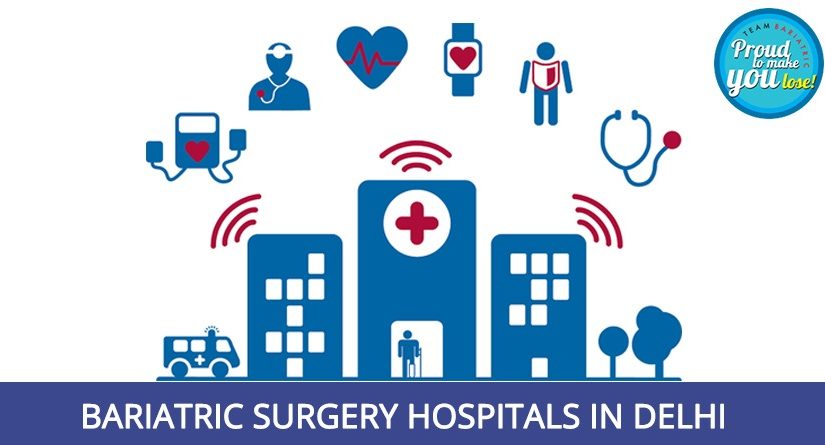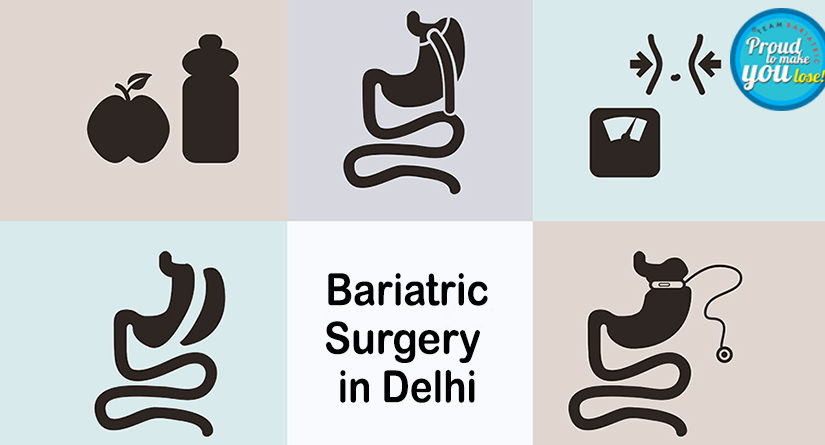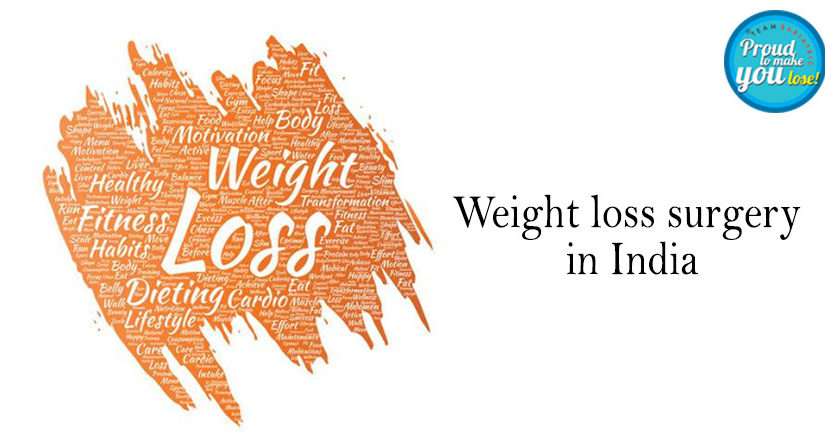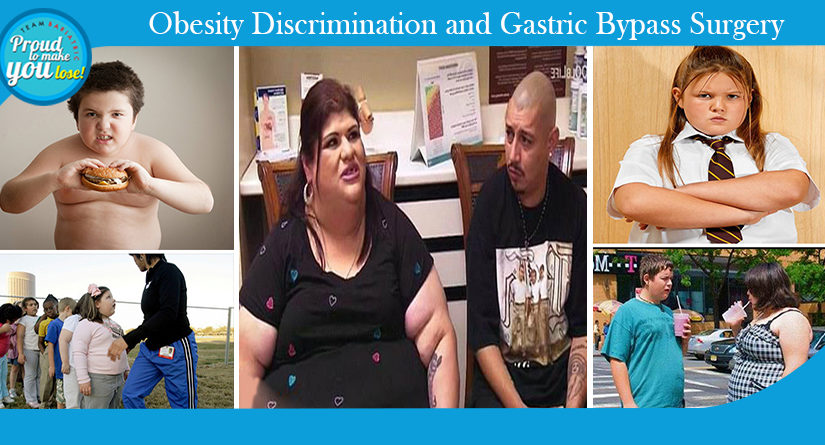Growing Importance of Bariatric Surgery: How to Qualify for Bariatric Surgery
Growing Importance of Bariatric Surgery
Since, progressive generations are growing heavier with increased association with other metabolic disorders – diabetes, hypertension, and dyslipidemia. There has been an increasing role of bariatric surgery in the management of obesity and its associated co-morbidities. Technological leaps in the field of Laparoscopic Bariatric Surgery as well as Robotic Bariatric Surgery have led to the evolution of bariatric surgery from a major, uncommon, and often dangerous surgery with doubtful outcomes to a much safer, routine procedure with assured results.
Evolution of Bariatric Surgery Criteria
Initially, it was a difficult task to elect candidates who could undergo bariatric surgery. In 1991 the National Institutes of Health (NIH) consensus statement for the first time defined clear universally acceptable criteria for patient selection. This statement was revised and re-defined as more and more data began to be analysed subsequently. The cut-off BMI to undergo surgery was lowered over a period of time.
Types of Bariatric Surgery
Starting with Gastric Bypass surgery, in which Roux-en-Y gastric Bypass being the gold standard, nowadays Gastric Sleeve Surgery is becoming more and more popular among surgeons since it is relatively simple to perform with similar post-operative outcomes.
Shift from Weight Loss to Metabolic Surgery
With the understanding of the metabolic syndrome, of which obesity was just one part, there was increasing interest in the role of surgery in the resolution of co-morbidities, particularly diabetes and dyslipidemia.
The increasing incidence of diabetes and cardiovascular disease even at lower BMIs, particularly in specific populations such as Asians led to a demand to consider these surgeries for selected candidates with low BMIs also. The emphasis shifted from ‘weight loss’ surgery to ‘metabolic’ surgery. It was suggested that perhaps action points for Asians should be 2.5 BMI points lower i.e. at 32.5 and 37.5.
New Eligibility Criteria and Recommendations
With this background, the International Diabetes Federation (IDF) released a position statement on 28th March 2011 supporting surgery to treat Type II diabetes in obese patients. It defined new lower BMI criteria for patient selection as explained in the table below.
Eligibility and prioritization for bariatric surgery based on failed non-surgical weight loss therapy +, BMI, ethnicity ++, and disease control.
| BMI range | Eligible for surgery | Prioritised for surgery |
| < 30 | No | No |
| 30 – 35 | YES – Conditional +++ | No |
| 35 – 40 | YES | YES – Conditional +++ |
| > 40 | YES | YES |
+ In all cases, patients should have failed to lose weight and sustain significant weight loss through non-surgical means, and have type II diabetes that has not responded adequately to lifestyle measures (+/- metformin) with HbA1c < 7%.
++ Action points should be lowered by 2.5 BMI points for Asians.
+++ HbA1c > 7.5 despite fully optimized conventional therapy, especially if weight is increasing, or other weight-responsive co-morbidities not achieving targets on conventional therapies.
Impact and Endorsements
The new recommendations significantly lowered cut-off BMIs making many more patients eligible for surgery. Theoretically, an Asian patient with a BMI as low as 27.5 could be a candidate for metabolic surgery, provided other conditions are met. This is a significant shift from the previously recommended cut-offs.
These have received widespread attention in the medical community and have been endorsed by several medical bodies – The American Heart Foundation (AHA), the American Medical Association (AMA), The American Society of Metabolic and Bariatric Surgeons (ASMBS), and The American Association of Clinical Endocrinology (AACE).
Confused if you qualify for bariatric surgery or not? Consult us at Smart Cliniqs and we will schedule your appointment with the best bariatric surgeon in Delhi.



